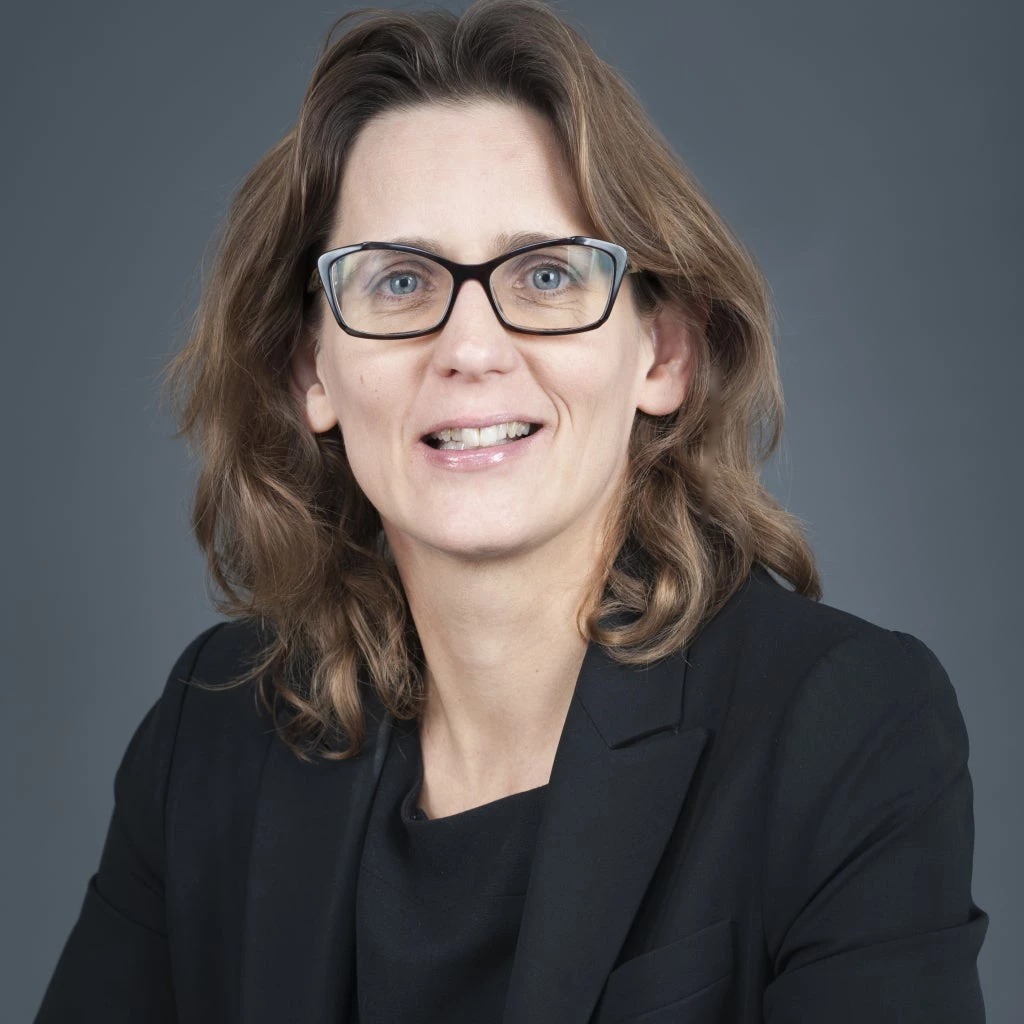Today, World Bank Group President Jim Yong Kim announced US$700 million in new IDA funding for the scale-up of results-based financing (RBF) programs to help save more women and children’s lives, an endorsement of the idea that the RBF approach is an opportunity to accelerate progress towards the Millennium Development Goals (MDGs) 4 and 5—reducing child mortality and improving maternal health.
With less than 829 days to the target date in December 2015, Dr. Kim’s announcement at the United Nations shines a spotlight on the positive transformation that has taken place in health systems across Africa and beyond. The efforts of governments and frontline staff at the primary care level to prioritize key health services, link payments in the system to the delivery of those services, and verify the results rigorously, have started to pay off. By embracing this approach, countries also welcome an intervention that demands greater accountability to the populations they serve. Their efforts have started to yield impressive results.
Currently, 36 programs are supported in 31 countries, representing funding of US$1.6 billion from IDA and US$410 million from the Health Results Innovation Trust Fund (HRITF), supported by contributions from the governments of Norway and the United Kingdom.
I have been fortunate to watch the RBF program grow—first as a practitioner, helping to design and implement the RBF programs in Zambia and Zimbabwe, and now as the program manager of the HRITF portfolio. Admittedly, it took us a while to get our act together and there was no shortage of people to ask us what was taking us so long. We learned the hard way that well-designed and implemented RBF programs need cultural change, not only among our country clients, but also in the way the World Bank does business.
After sorting out these initial growing pains, how satisfying it was to see health workers in Zimbabwe embracing more autonomy, tracking their own performance and using new resources to improve services based on local needs. The results are encouraging.
As the HRITF manager, I’ve watched the programs become more diverse, incorporating a wide variety of RBF approaches, including on the demand-side. On a daily basis, we continue to learn from the trust fund’s portfolio of projects, thanks to the unique opportunity to monitor performance data in an RBF program.
High-quality and rigorous verification of results is a key feature of a successful RBF program, which enhanced health systems reporting. Each program is also accompanied by a rigorous impact evaluation; recently published results from Argentina’s Plan Nacer (PDF) showed improved health services and accessibility for poor women and children, leading to a 74% reduction in neonatal mortality among women enrolled in the program.
In the next year, we will continue to learn about how modifications in specific design features can further enhance performance of RBF programs. This way we will continuously expand the program’s knowledge agenda and enhance our understanding of important design questions, including: the impact of autonomy on program performance; the intensity and frequency of verification and its impact on accuracy of reporting; and the impact of the size of individual bonuses on health worker performance (to name a few).
With Dr. Kim’s announcement today, the key focus going forward will be on how to best support country governments to implement RBF programs on a national scale. I hope, as an international community, we can learn from countries like Burundi, where the government supports a nationwide RBF program with a comprehensive package of priority maternal and child health services and a request to partners to harmonize support around it. For Denise in Vyegwa, Burundi, this has meant the opportunity to access prenatal care and to deliver in a health facility for the first time, with the support of a skilled birth attendant. Isn’t that the point?
Follow the World Bank health team at @worldbankhealth.
Follow the RBF team at @RBFhealth or at Facebook/RBFhealth.
Related
Release: World Bank Group to Invest $700 Million by 2015 to Improve Women and Children’s Health in Poor Countries
Results-Based Financing for Health
IDA: World Bank Fund for the Poorest
World Bank and Health



Join the Conversation